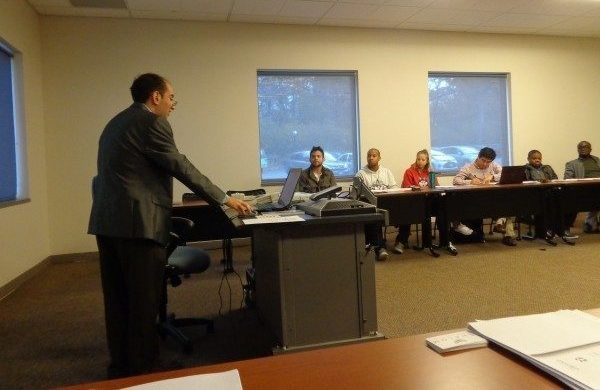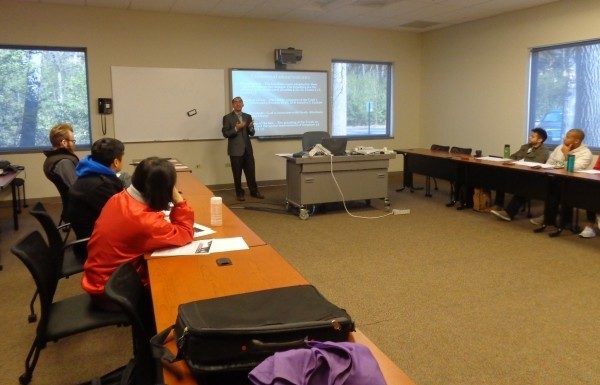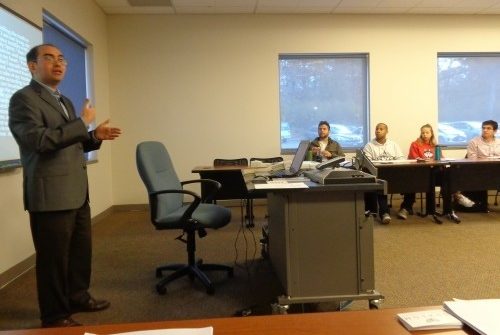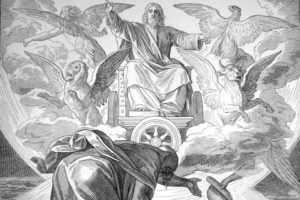Sharing Paul’s Prophetic Burden then and now
Sharing Paul’s Prophetic Burden then and now” (Romans 9:1–5)
I was privileged to give a presentation on the topic of “Sharing Paul’s Prophetic Burden then and now” (Romans 9:1–5) at Shalom Student Fellowship, Trinity Evangelical Divinity School (November 9, 2017). In my paper, I focused on Romans 9:1–5, where Shaul (Paul) responds to the anti-Jewish sentiments which had emerged in the Roman church among some Gentile believers (see Romans 9–11):
I am telling the truth in Christ, I am not lying, my conscience testifies with me in the Holy Spirit, 2 that I have great sorrow and unceasing grief in my heart. 3 For I could wish that I myself were accursed, separated from Christ for the sake of my brethren, my kinsmen according to the flesh, 4 who are Israelites, to whom belongs the adoption as sons, and the glory and the covenants and the giving of the Law and the temple service and the promises, 5 whose are the fathers, and from whom is the Christ according to the flesh, who is over all, God blessed forever. Amen.
I argued that in those verses, the apostle reacts to the church’s misunderstanding of Israel’s covenantal status. Shaul pours out his heart as he passionately argues in favor of Israel’s privileged status against the backdrop of the biblical writings. Shaul’s apostolic lament, which stems from his sacrificial love for Israel, embodies the Gospel message with an emphasis on Israel’s salvation in the future.
In my presentation, I proposed that Shaul identifies himself with Moses, the archetype of biblical prophecy and Israel’s intercessor at Mt. Sinai (Exodus 32–34). In keeping with Moses’ prophetic role, the apostle makes his case for Israel’s salvation in a midrashic fashion, trusting God’s steadfast love and relying upon His covenantal promises (Romans 9:3 cf. Exodus 32:31–32). In my opinion, the midrashic exposition in Romans 9:1–5 emerges out of Paul’s self-identification with Moses as Israel’s advocate before God. This discussion should help us understand Paul’s prophetic theology of Israel and our calling to stand for God’s people (Isaiah 62:1).
I was very excited and blessed to see the hunger in the eyes of students during the presentation for digging deeper into the foundations of Paul’s teaching on Israel and into the spiritual differences between Israel and the church. It was so encouraging to share about the historical and theological interactions between the Hebrew Bible and the New Testament with the purpose of promoting interfaith dialogue between Jews and Christians. Praise the Lord for His unique callings for Israel and the church. I would like to thank Benjamin Laur, the President of Shalom Student Fellowship, who hosted the event, as well as all of you who supported us with your prayers and helped organize the event.







